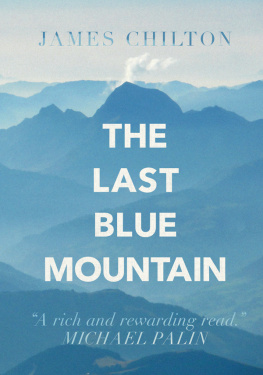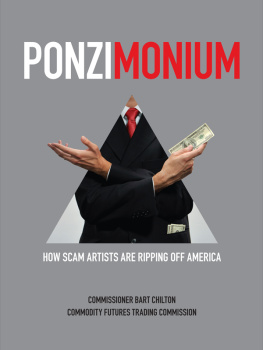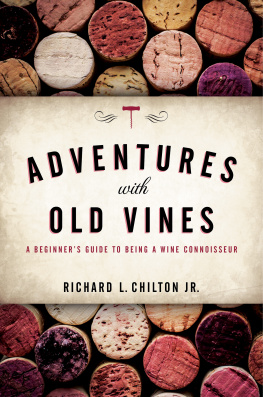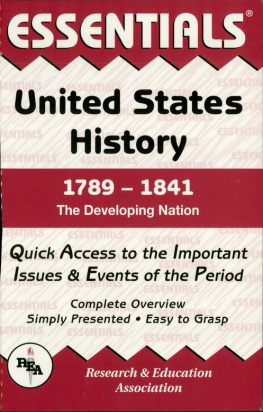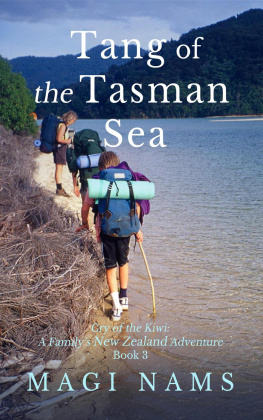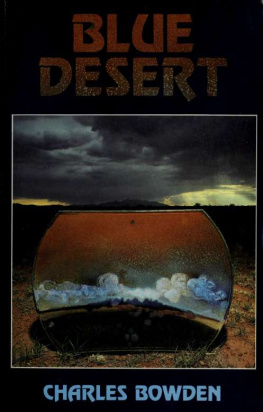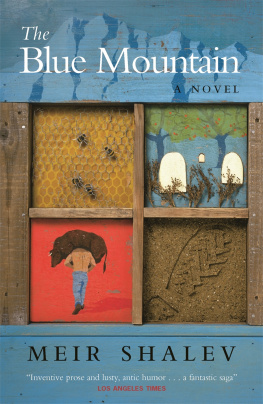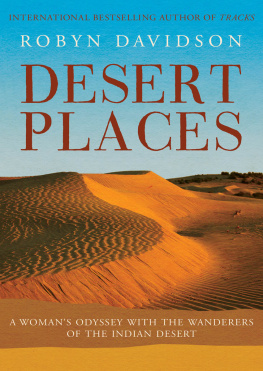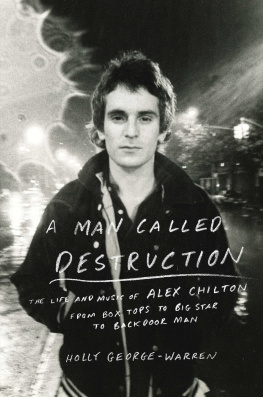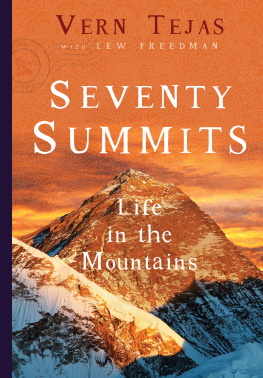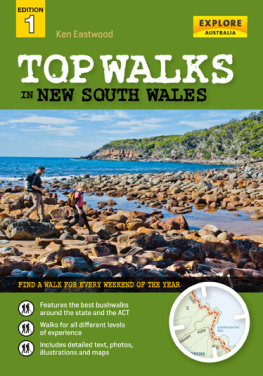
We are the Pilgrims master; we shall go
Always a little further; it may be
Beyond the last blue mountain barred with snow,
Across that angry or that glimmering sea.
James Elroy Flecker. The Golden Journey to Samarkand
For Maggie.
Impatiently waiting
Acknowledgements
Heartfelt thanks are due to a number of rare and helpful individuals. Foremost, to my wife Maggie for her indulgence of an absent traveller, her forbearance as first in line for the tiresome task of reading a first draft and for her pithy advice. I am grateful to the Authoright team of James Wharton who gathered me into the self publishing fold, Chris Sansom who held my literary hand during this books gestation and to Jordan Koluch for deciphering my scribbles and for her skills in the design and setting out of the text and sketches. I was also fortunate to have the corrections, suggestions and improvements of Mary Douglas-Bate, Margie Charnock and Rosie Morton Jack, and special thanks are owed to Vicky Jardine-Paterson for her professional proofreading, sentient comments and encouragement. In America, the constructive review of the manuscript by Allan Talbot and Judy Goldring has been most valuable as has been their support.
Table of Contents
Introduction
Travel is the most private of pleasures. There is no greater bore than the travel bore. We do not in the least want to hear what he has seen in Hong Kong Vita Sackville West
When the Sunderland flying boat of Imperial Airways took off from the Irrawaddy River bound for the Hooghly River in north east India, on the morning of 8th March 1942, on board were my mother, my sister, an English nanny and myself. This would be the last flight from Rangoon for three years. The 214th Infantry Regiment of the 33rd Division of the 15th Army of the Imperial Japanese Forces entered Rangoon the next day and Colonel Takanobu Sakuma, the commander of Rangoon District, settled himself into my parents old home it had a nice position beside Inya Lake. Since I was only one year old at the time, I did not realise that I might never see my father again, nor that this long journey was the first of so many to come.
From India, we travelled to Quetta in Pakistan and when my father arrived six months later, tragically thin, we moved to Ootacamund in southern India. Two years later, we were all on a troop ship that zig-zagged around the eastern Atlantic to avoid U Boats. My grandfather, an admiral in naval intelligence, knew the rough positions of the U Boats and the exact position of his whole family. Arriving in Liverpool we boarded the train for London and my sister and I carefully unpacked our little suitcases and put out our pyjamas; we had never been on a train journey of less than two days. My father always maintained that any wanderlust I might have acquired had come from 20,000 miles of travel before I was three.
I write spontaneously and in what some of my friends might describe as unusual places: a village house in Upper Burma, a guest house beside a Siberian volcano, a tent in a Himalayan winter or a hammock under an Amazonian kapok tree. These places are not very unusual of course, simply a little off the track heavily beaten by the groups of organised tourists. Friends tend to go to the Mediterranean, spend two days in the Uffizi and will scramble for days over the ruins of Carthage. These may be interesting and occasionally fun, but they are not for Travellers; at least, not this one. As a boy, I was fascinated by the story of Colonel Fawcett who entered Brazils Matto Grosso never to be seen again. Under the bedclothes of the senior dorm at Abberley Hall, my torch shone upon the pages of such excitements as The Lost City and Peter Flemings Brazilian Adventure. Later, with a little more worldliness, the realities of a lingering death from a curare-smeared spear did not seem so attractive and my adventurer loyalties switched to Frank Kingdon Ward. Part of me, the romantic and possibly morbid part, follows this energetic plant hunter as he hacks his way through the forests of Northern Burma or struggles through the steep valleys to discover the uncharted course of the Tsangpo River, collecting the original material for my garden as he goes. How dreadful it would be to expire in the humdrum hinterland of John Lewis, falling between haberdashery and hardware.
On the whole, cities do not hold many attractions for me; there are no horizons, little honesty, they tend to be electronic and their inhabitants are concerned only for themselves. They hold many testaments to mans creative genius but in spite of attending many courses on all forms of art, I prefer the spaces in between the art. Paul Theroux puts it this way:
.... people who are glamorised by big cities and think of themselves as urbane are at heart country mice simple, fearful, over domesticated provincials dazzled by city lights.
This meander is simply to explain that I am not a pioneering adventurer who drags tyres around muddy fields to limber up for rigours to come; not an expert in anything nor even passionate about particular places. I just like to observe the silent beauty of the wild, disturbed only by birds and beasts, and enjoy the quirks of human nature wherever they are found preferably indigenous although fellow travellers can be interesting too. A wet tent is bearable for a short time, but the more so if you know it will be followed by a deep and hot bath, a whisky sour, soft pillows and crisp linen.
My wife Maggie is not an enthusiastic traveller. This is disappointing as one of the pleasures of travel is to share the good and the bad moments and reminisce about the day in a post-mortem of praise, criticism and discussion. After we had travelled the Silk Road from Tashkent to Beijing, she said she would never travel with me again. It was, of course, hot and dusty and the edge of the Taklimakan Desert is depressingly boring but the bit she loved best was getting stuck in an unseasonable June blizzard that blanketed the Tien Shan Mountains and being holed up for a day and a night in a yak herders tent. (I am glad to say that we have travelled again together many times since.) As I do not always have her witty and comforting companionship, I sometimes go alone or with a group. Both of these have their merits and disadvantages but unless the group is certain to be congenial, the lone traveller option is usually the best.
The travel pieces you may be about to sample do not record every journey. The Silk Road, for example, is not here, nor are nor are Alaska, Bali, Bangladesh, Bolivia, Costa Rica and Lapland amongst others and most of Europe. The pieces here are not chosen because I enjoyed the places most; it is simply that they are the only places I wrote about at the time.
These are not a travelogues heaven forbid! but it seems a pity to waste some of the moments on the way that have entertained or excited. If any of these pieces tickle your spirit, get out there fast, for the byways are being trampled into a tourist track every day.
A fellow Wykehamist, Ian Graham, an expert in Mayan iconography and a real life Indiana Jones in the 40s, described himself as A bushwacker outfitted with a camera, a pencil, some grains of common sense and an instinct for self-preservation. That would be a headstone I think I might like.
Chipping Norton
June 2014
Washington for the Weekend
January 1994
To awake quite alone in a strange town is one of the pleasantest sensations in the world
Freya Stark
The Potomac was frozen, there was snow in the street, ice on the sidewalks, the first five cab drivers were Afghan ex-mujahidin and the waiters seemed to be all Puerto Rican. I hailed a stubbled freedom fighter and there, between Constitution and Pennsylvania, stood the White House. So this was Washington after all. A blizzard littered the highways with skewed cars as the townies slithered to their country homes but it swept on to Virginia and left behind a bright, clear weekend.
Next page
